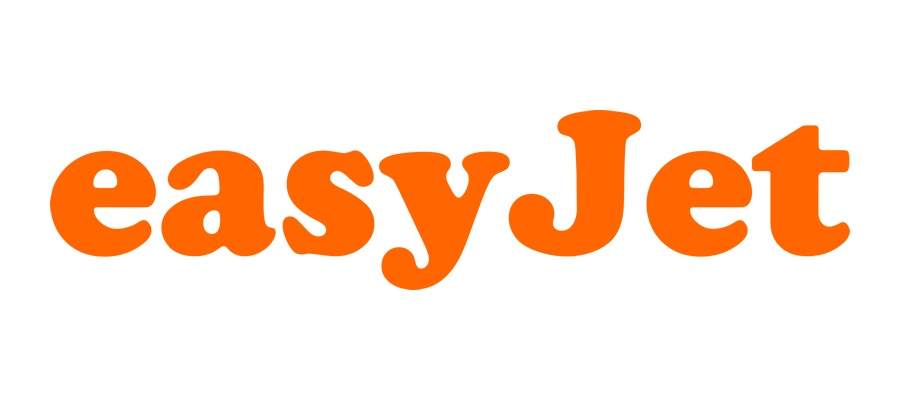easyJet has placed a firm order for a 157 aircraft – 56 A320neo and 101 A321neo – for delivery between Financial Year (FY) 2029 and FY2034. The order includes options for a further 100 aircraft. easyJet has also negotiated the conversion of 35 existing A320neo aircraft into the larger A321neo aircraft type. With this new order, easyJet now 315 aircraft now on order for delivery by FY2034 alongside 100 purchase rights.
Johan Lundgren, CEO of easyJet, said that the new order would “enable easyJet’s fleet modernisation and growth to continue beyond 2028 while providing substantial benefits including cost efficiencies and sustainability improvements”. In a presentation to analysts, easyJet said that although both Boeing and Airbus aircraft met its performance requirements, Airbus was selected on the basis of “superior economics”. EasyJet stressed the need for an order now to lock in delivery slots between FY29 and FY34 to retain its current scale through replacing aircraft leaving the fleet.
The airline plans to finance the aircraft over a number of years “through a combination of easyJet’s internal resources, cash flow, sale and leaseback transactions and debt”. easyJet indicated during the investor call that it would fund the next 16 deliveries without financing and also consider reentering the bond market next year if conditions were right, with the proceeds used for funding new deliveries, but added that they would also then look at the sale-leaseback market and JOLCO economics as long-term financing options.
easyJet announced the new order along with a trading update for the year ending September 30, along with new “ambitious” medium-term targets.
By phasing out its older A319 aircraft by FY2030 and replacing its A320ceos, easyJet believes its more fuel efficient fleet, with additional capacity thanks to the larger A321neo aircraft, will allow the airline to reduce costs per seat by £3 and help achieve more than £1bn profit before tax (PBT). easyJet is targeting a 90% all-Neo fleet by FY2033.
easyJet expects to report headline FY2023 PBT of between £440 million and £460 million with easyJet holidays contributing around £120 million and strong demand for summer flights. The airline is counting on the continued growth of its holidays unit and capacity growth for building headline PBT.
Lungren said that easyJet’s “performance has demonstrated that our strategy is achieving results” which has prompted the new targets and commitment to shareholder returns, including reinstating dividends commencing with the FY23 results.
In its update, easyJet says that booking momentum is continuing into the first quarter of fiscal year 2024, with capacity expected to growth by around 15%. The airline confirmed that ticket yields are “ahead year on year with load factors broadly in line”.
easyJet has succeeded in reducing its debt burden during the FY23 with the repayment of a €500 million bond in February 2023 and the refinancing of the £1.4bn UKEF facility where an additional $950 million of gross debt was repaid. The airline also stated that given the current liquidity and strong trading performance, it intends to repay the €500 million Eurobond maturing in October 2023.

